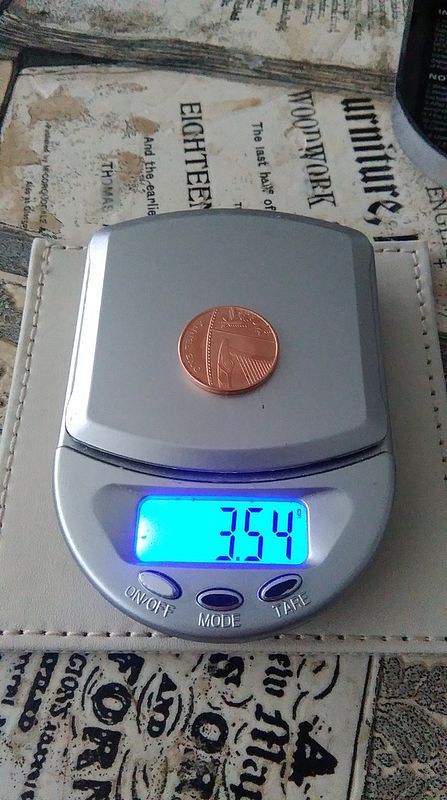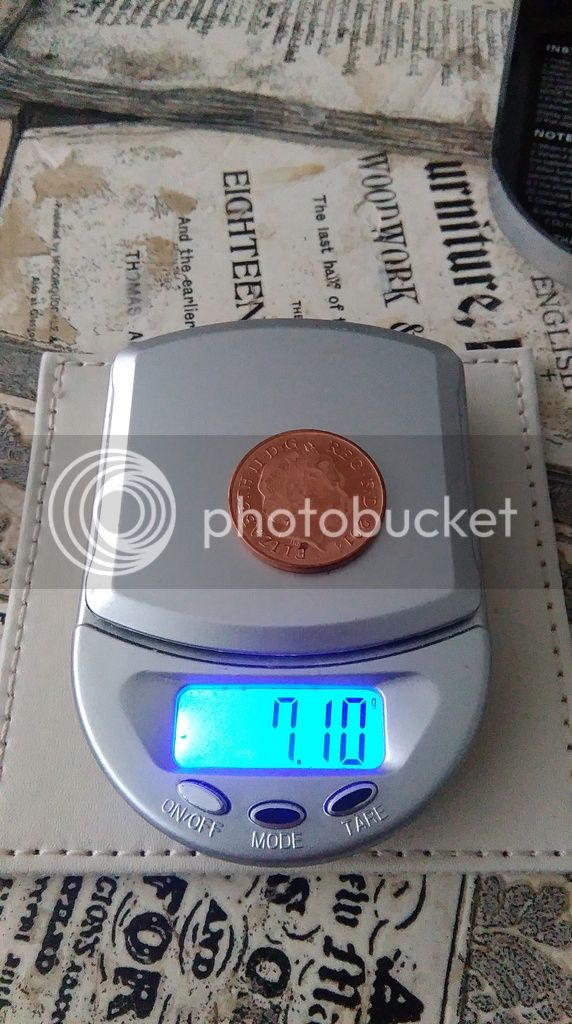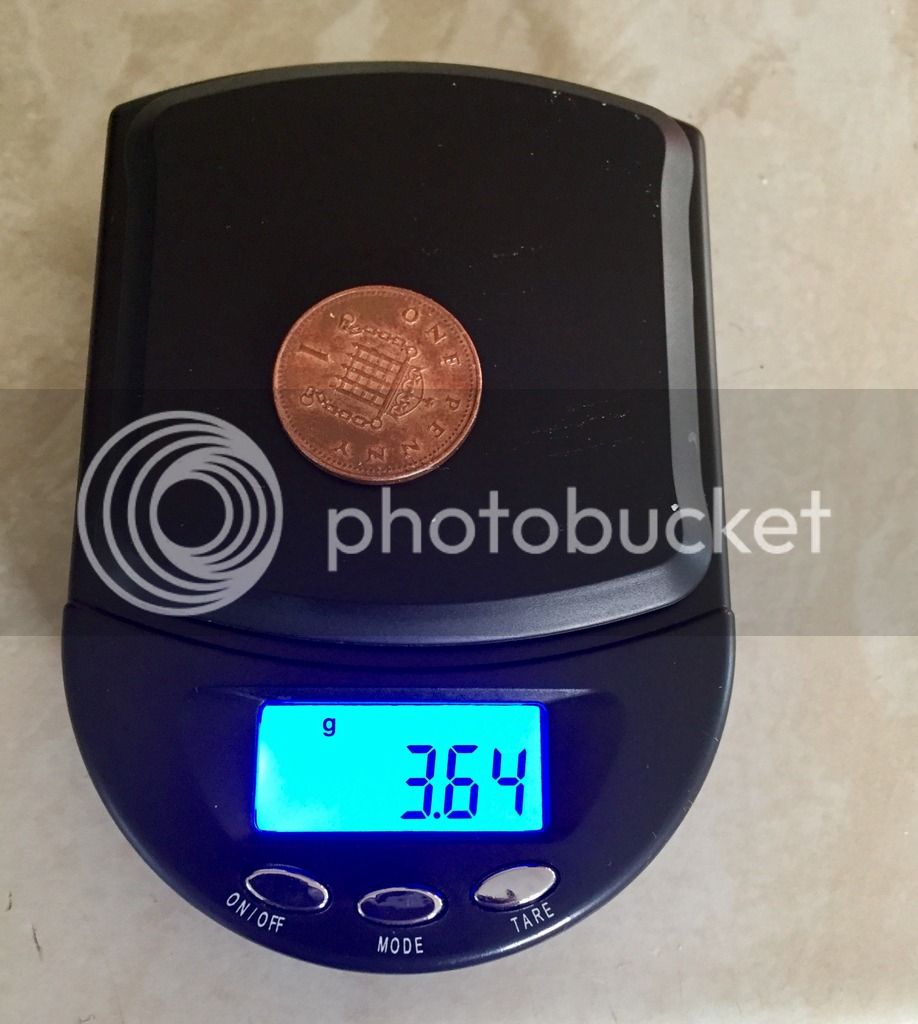Ru thinking about adding the Gypsum to make 100ppm...
Looking at your guide and if I have 45ppm so far..I'd add 0.02g
(A increase of 46ppm)
= 91...
But it's suggested a 100ppm minimum...
So I add 0.3 Gypsum
(A increase of 69)
= 114ppm
Bri goes to lye down now!!! Phew!!!
Thx guys
Looking at your guide and if I have 45ppm so far..I'd add 0.02g
(A increase of 46ppm)
= 91...
But it's suggested a 100ppm minimum...
So I add 0.3 Gypsum
(A increase of 69)
= 114ppm
Bri goes to lye down now!!! Phew!!!
Thx guys











































